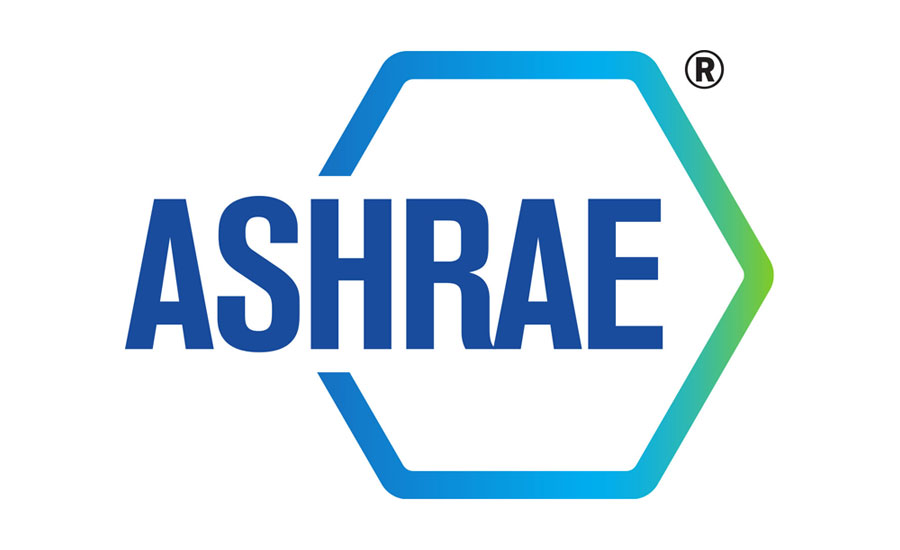Industry input is being sought into a proposal to modify portions of ASHRAE’s refrigeration safety standard to incorporate subclass 2L flammability classifications.
Addendum d to ANSI/ASHRAE Standard 15-2013, Safety Standard for Refrigeration Systems, is open for public comment until Jan. 18. Standard 15 specifies safe design, construction, installation, and operation of refrigeration systems.
The 2010 edition of ANSI/ASHRAE Standard 34-2013, Designation and Safety Classification of Refrigerants, added an optional Subclass 2L to the existing Class 2 flammability classification of refrigerants. This change was intended to separate single component and blended refrigerants that are difficult to ignite and sustain a flame, from other Class 2 (and Class 3) flammable refrigerants.
“The expectation was that some of the Class 2L refrigerants would be commercialized and used as substitutes for Class A1 refrigerants that are in use today,” Dennis Dorman, chair of the Standard 15 committee, said. “Refrigerants in use today may come under regulatory pressure due to their relatively higher global warming potential (GWP). But to do this without major economic impact, Class 2L would have to be safely applied without the stringent application limitations imposed by Standard 15 on other flammable refrigerants. In other words, in order to be broadly applied, Class 2L refrigerants would need to be treated more like Class 1 than Class 2 or Class 3.”
At the start of its deliberations, the committee discovered that there was almost no science to support rules changes, let alone relaxation, of Class 2 requirements, according to Dorman. In July 2011, a first public review of the proposed addendum was made available with numerous comments received. Since that time, the committee has been addressing the technical issues identified from that review.
Dorman noted that Standard 15 covers the full range of applications from residential to commercial to industrial applications. As such, there is an unusual degree of complexity in considering appropriate rules for each.
Now, after almost four years of research and other supporting activities conducted by industry partners, the committee has much of the technical information to support proposed rules changes to Standard 15.
“With this public review, we are seeking suggestions for new, unusual or potentially controversial elements of the proposed addendum, which the committee believes would benefit from increased public input prior to finalizing the draft for its first formal public review,” he said. “Additionally we want to make sure that we do not overlook important safety aspects that may come from various users of the standard, both domestic and international.”
To comment or learn more, visit www.ashrae.org/publicreviews.









